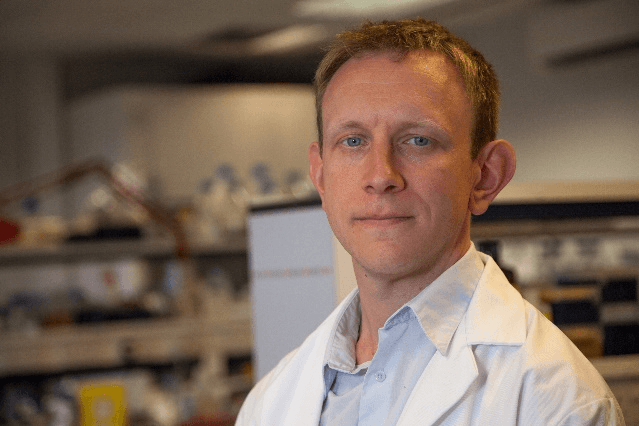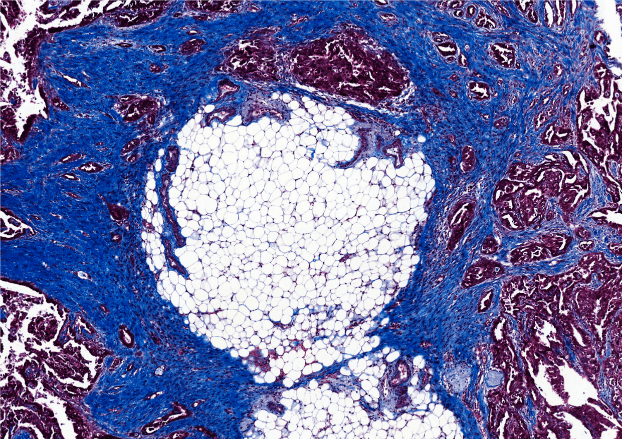Dr Pearce receives CRUK Career Establishment Award
 Dr Oliver Pearce, Group Leader in the Centre for Cancer & Inflammation, Barts Cancer Institute (BCI; Queen Mary University of London), has recently received a Cancer Research UK Career Establishment Award. The award of over £800,000 will support a postdoctoral researcher and technician in Dr Pearce’s laboratory group for a period of 6 years to conduct a project that will look at restoring response to immunotherapy in triple-negative breast cancer (TNBC).
Dr Oliver Pearce, Group Leader in the Centre for Cancer & Inflammation, Barts Cancer Institute (BCI; Queen Mary University of London), has recently received a Cancer Research UK Career Establishment Award. The award of over £800,000 will support a postdoctoral researcher and technician in Dr Pearce’s laboratory group for a period of 6 years to conduct a project that will look at restoring response to immunotherapy in triple-negative breast cancer (TNBC).
In recent years, the use of immunotherapies has changed the treatment landscape for a variety of cancer types, resulting in some significant treatment advances. Immunotherapies work by harnessing the power of the body’s immune system by reactivating tumour killing immune cells to recognise and fight cancer. However, not all patients respond to immunotherapy, and sometimes this is due to the cancer extracellular matrix (ECM). The ECM is a network of proteins and other molecules which provides structural and biochemical support to cells. The ECM can form a barrier around the tumour and shield it from immune cell killing. This project will aim to identify ways of targeting the ECM shield and restoring immunotherapy response.
Finding the right balance by using a very specific targeting approach

Although the ECM can keep immune cells out of the tumour site, research has shown that it can also keep cancer cells in, limiting their spread to other areas of the body. The team will therefore endeavour to identify and target very specific molecules within the ECM to ensure that they clear the path for immune cells to get to the tumour, without enhancing the risk of tumour spread.
In order to achieve this, the project will utilise a variety of techniques to understand the interactions between cancer cells and molecules within the ECM. With the help of Professor Louise Jones (BCI’s Centre for Tumour Biology), the team will build ECM heatmaps within the tumour microenvironment to identify where immune cells are sequestered within the ECM. With Dr Pedro Cutillas (BCI’s Centre for Haemato-Oncology) and Professor Tom Wight (Benaroya Research Institute, USA), the team will also look at the plethora of ECM proteins within TNBC tumours to determine their composition, and with Dr Stuart Haslam (Imperial College London), determine post-translational changes that these proteins undergo which may influence a patient’s response to immunotherapy.
In a more applied approach, the team will engineer tumour models with Professor Janine Erler (Biotech Research and Innovation Centre, University of Copenhagen) where the tumour ECM composition can be tuned to test the functional role of these proteins. They will do this using 3D in vitro human tumour models made from TNBC tumour samples from patients.
Working with Dr Heinz Laubli (University Hospital Basel, CH), the team aims to exploit the change in ECM structure that occurs in disease to develop a specific drug that can modify a selected part of the tumour ECM to restore immune cell infiltration and contact with malignant cells, and ultimately restore immunotherapy response for patients.
The project is due to start in September this year, and we will look forward to hearing updates about the research.
Category: General News, Grants & Awards

No comments yet